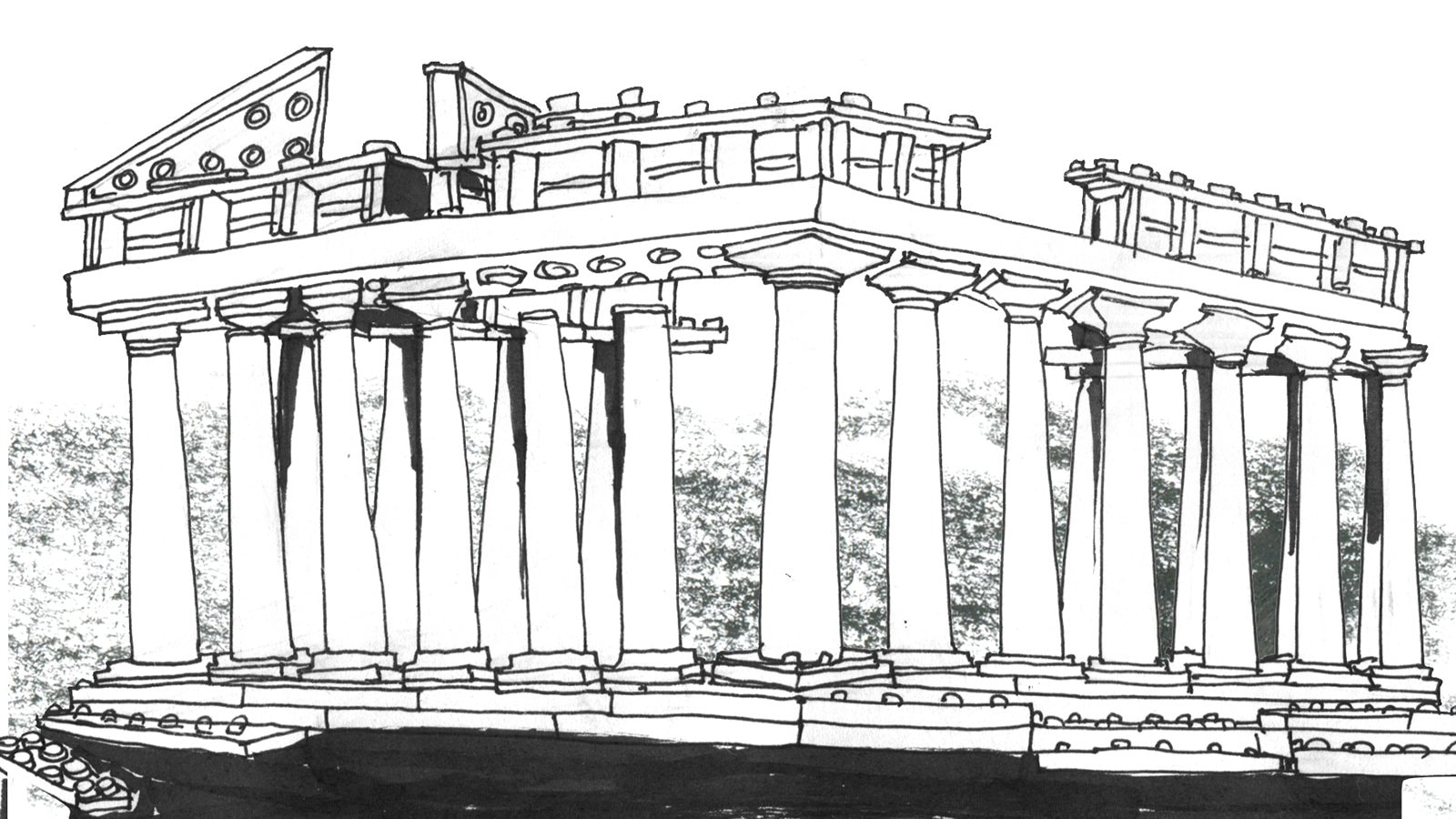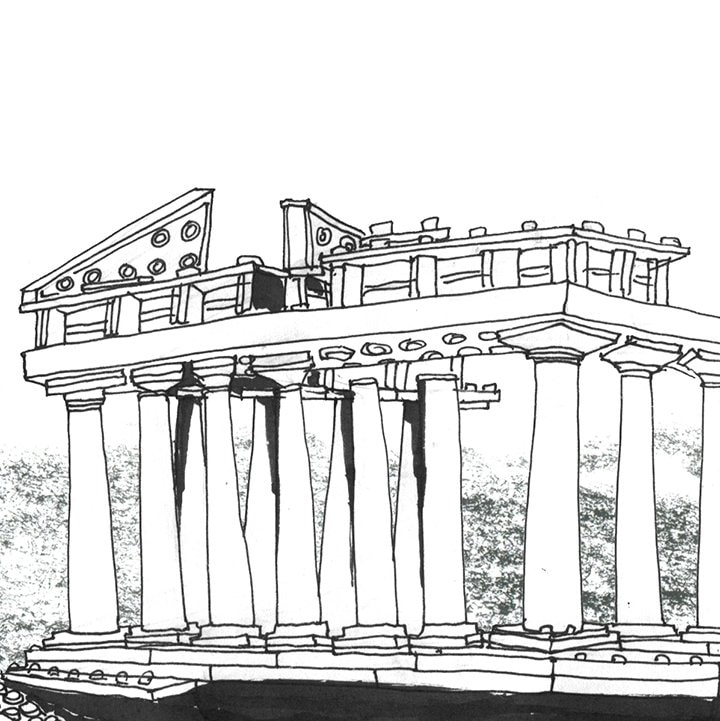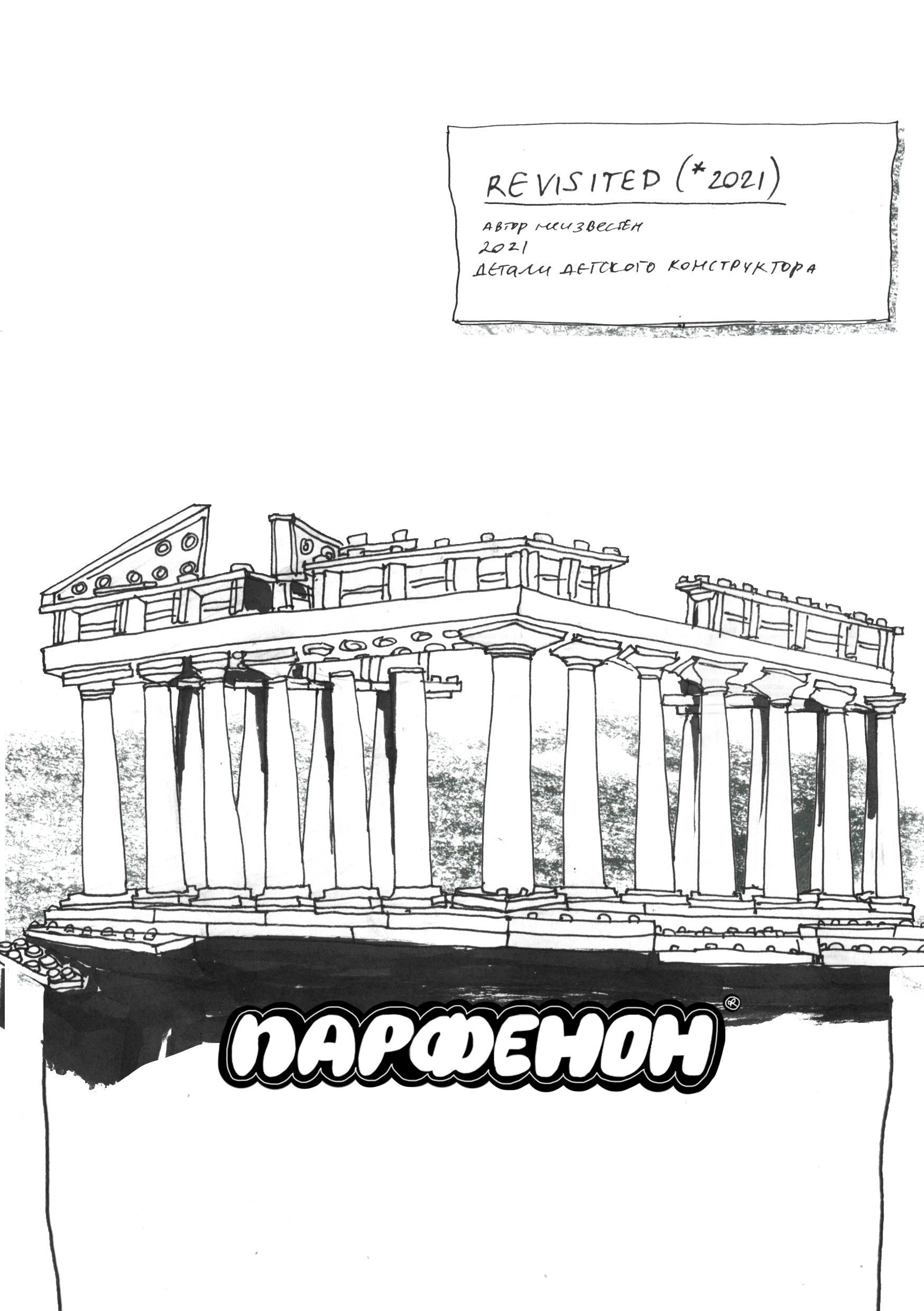The final discussion of the cycle The Arts of Memory, organized as part of the public program accompanying the Thomas Demand exhibition Mirror without Memory, is devoted to the domestic and international experience of contemporary art working with history and memory.
In projects addressing events, images, and affects of the past, art can act as a type of research practice, a storytelling tool, or a way of living out a trauma. The tradition of postwar Western European art has developed around the collective recollection of the horrors of World War II. Solving their own formal and conceptual problems, the artists reflected upon themselves in the context of the tragedy they had experienced. The war became an important milestone in creative biographies—both real, like Günther Uecker’s, or fictional, like that of Joseph Beuys, with trauma and the inadmissibility of oblivion turning into the subject of constant reflection, which is equally characteristic of Christian Boltanski’s conceptual pieces, Anselm Kiefer’s complex textured paintings, and Yannis Kounellis’s allegorical installations.
Eastern European contemporary art is marked by the development of research and rethinking of the Soviet context, from tragic memories in the practice of Jaanus Samma to utopian narratives in Yael Bartana's video works. In Russia, the legacy of the past never became the subject of consistent artistic research, with only a few authors having chosen to build their creative strategies around it.
The panelists include artists, curators, and researchers who will discuss what approaches to working with a major historical narrative and personal history exist in contemporary art in Russia and worldwide and will talk about their own projects, addressing the historical heritage, archives, and personal memory.


